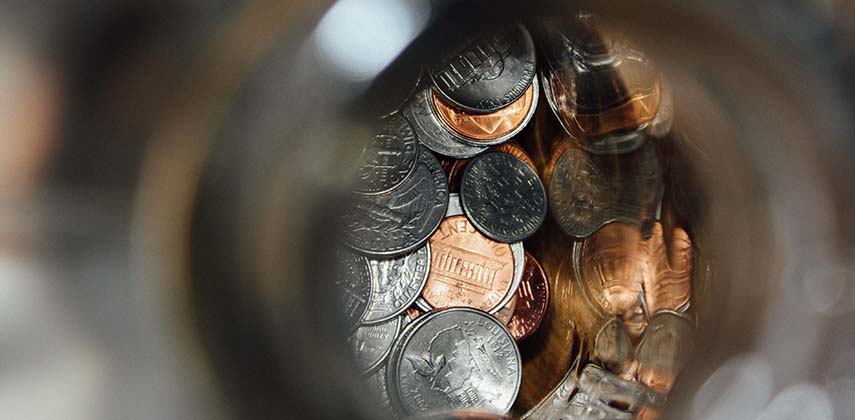The BankservAfrica Economic Transactions Index (BETI) fell flat in November 2020, suggesting lower economic growth for Q4 2020, which may lead to reduced spending over the December holiday break.
“The BETI was 121.8 in November 2020, which represents a 0,1% monthly decline. This is the first in six months following the strong rebound that carried the economy forward,” says Shergeran Naidoo, BankservAfrica’s head of stakeholder engagements.
“But, as we can see in the latest data, this is slowing down. Businesses and consumers are holding back on their spending to the extent that Black Friday 2020 – or ‘Black November’ – failed to deliver for the South African economy.”
The economic slowdown is becoming more distinct in the year-on-year numbers. The BETI slowed down by 0,8% in November unlike October’s strong monthly improvement of 1,9%.
“The number of transactions in the BETI framework decreased by 2,1% year-on-year to reach 102.6 billion for November. The value, in nominal terms, was R97,6-billion, which was 2,8% higher year-on-year,” says Naidoo.
The BETI data also showed the volume of debit transactions declined by 10,7% year-on-year while Real-Time Clearing (RTC) improved by 62,4%. It seems the shift towards RTC payments, and the increase in other ‘push’ payments is being accompanied by a decline in the ‘pull’ side of transactions. This is further confirmed by the EFT credit increase of 8,2% in volume.
“The decline, at least for the short-term, could be due to debit orders being cancelled or consumers failing to honour these, which is likely a result of the harsh economic climate,” explains Naidoo.
The overall BETI is still positive which indicates that the economy – although weaker overall – will still show growth in the last quarter of 2020.
“But we will not see the record-breaking pace of GDP growth as we did in Stats SA’s Q3 2020 GDP growth figures of 66.1% on a seasonally adjusted and annualised basis, which the BETI also predicted. The past two months point to a slower growth trend following the economy’s re-opening,” says Mike Schüssler, chief economist at Economists.co.za.
With the extra spending via the Covid-19 UIF TERS payments ending in November and the increased SASSA grants closing in January 2021, some of the momentum for economic recovery will be lost. Moreover, as government spending will now ‘normalise’ in other areas too, the real damage to some of the underlying economy is likely to present itself.
“Many of the economic role players remain cautious in their spending owing to reduced earnings that has also resulted in salary cuts for their employees. This is just a pause but may carry over a few months and into the festive season,” says Schüssler.
The reduced foreign and local tourist spending, which is important for accommodation, travel, vehicle rentals and restaurants, combined with the cancellation of events such as concert, festivals and sports matches, others, will likely see much of the economy feel the real impact of Covid-19 and the lockdowns.
“These sectors typically offer extra employment and income and are much more important than usual over the country’s holiday season,” says Schüssler. “But the lowered spending and activity may see the December break play out very differently to the previous years.”

